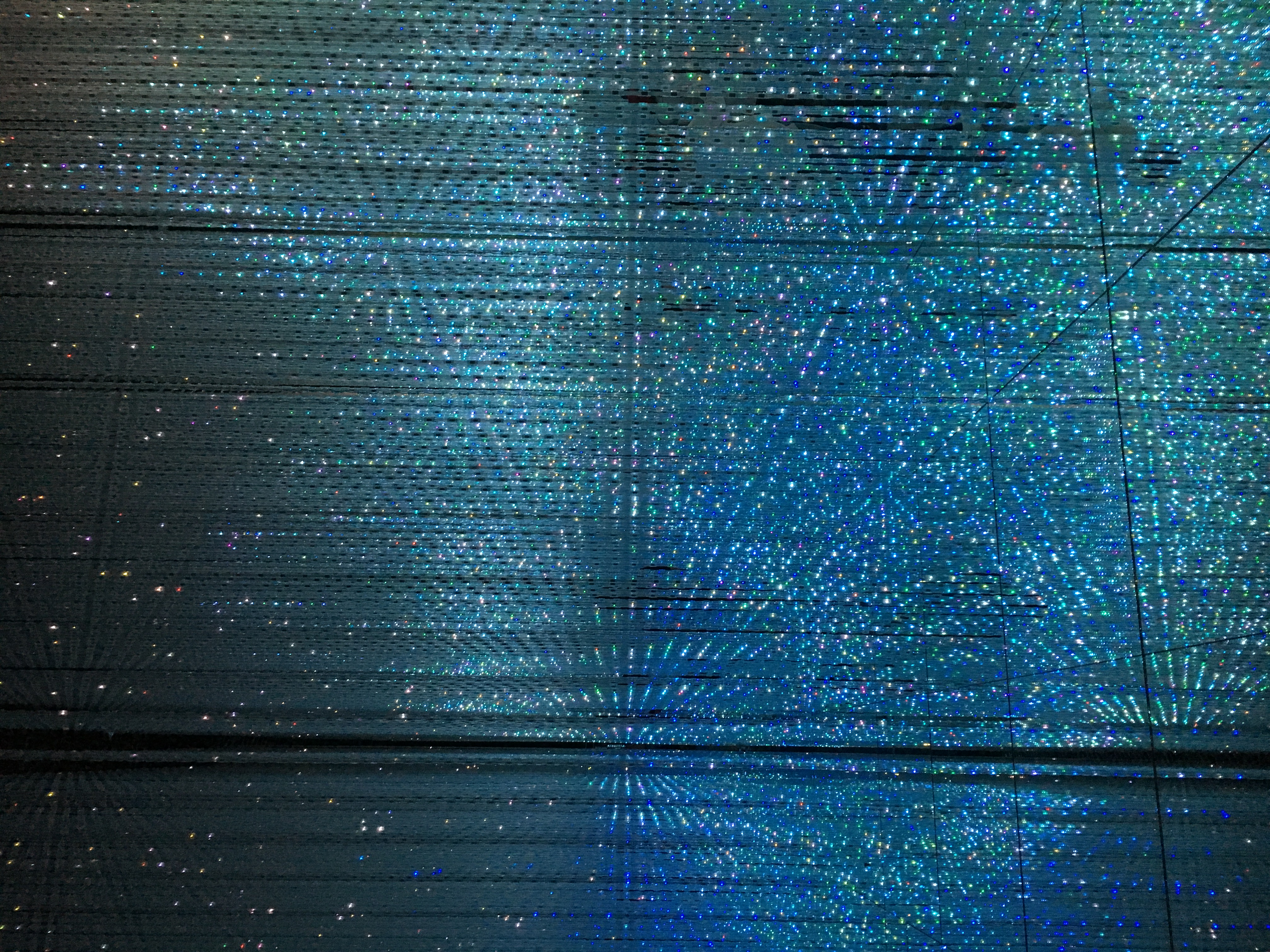Humanising science

Whenever someone flicks through a newspaper, notices a headline along the theme of “Scientists now say X or Y is safe”, and exclaims, “Looks like the scientists have done another U-turn again”, it’s a bang-head-against-wall moment right there: another one’s fallen into that blackhole of misunderstanding the fundamental nature of science.
Theirs is the kind of thinking that says, “Oh, those scientists tell you one thing, then claim it’s the opposite. Don’t listen to them.” Unfortunately, this misses the point that science evolves, with trial and error simply being the nature of the beast.
Sadly many don’t realise that it’s not all eureka moments, with scientists slamming their fists on the table shouting, “By George, I’ve got it! Where’s my Nobel?!” In reality, it’s a lengthy, time-consuming, often frustrating process. After all, we’re not talking about completing a crossword puzzle or finding that elusive rollo hidden down the back of a sofa – it’s about foraging into the unknown to search for an intangible something, sometimes not quite knowing whether that something even exists.
Hopefully the British Library’s new Oral History of British Science will go some way to rectifying this. The three-year project will see the library record interviews with hundreds of scientists who have either completed important work in Britain or are of British origin.
Each interview will be between 10-15 hours long, although there will be edited clips available, in a bid to record for posterity the personal stories of 200 scientists.
Speaking on Radio 4’s Material World, Dr Katrina Dean, curator of the project, said: “We want to look at early influences, their education, who they worked with, but also, something we don’t get from published papers, is the day-to-day experience of science. What do people actually do when they’re in the lab and the field? What dead ends do they come to?
“We want to bring out some of the human story too.”
The project will give people an insight into science, and, with any luck, help them realise that getting it wrong is as much a part of it as getting it right.
And it could help enlighten people who might have become disenchanted with science thanks to over-exaggerated, or just plain wrong, media coverage, which often tends to view a scientific result as The Final Answer, rather than just the best answer we have so far.
The project also highlights the fact that several key scientists have passed away without leaving any archived recordings. Alan Turing, renowned code-breaker and early pioneer of the computer, is a notable figure among these.
Scientists, both emminent and lesser-know, will be able to talk about what makes them tick, those moments when they really thought their investigation was up the creek, together with anecdotes and lab banter.
To listen again to the interview with Dr Katrina Dean, it’s available on BBC iPlayer apparently until 2099, so you’ve still got time.

